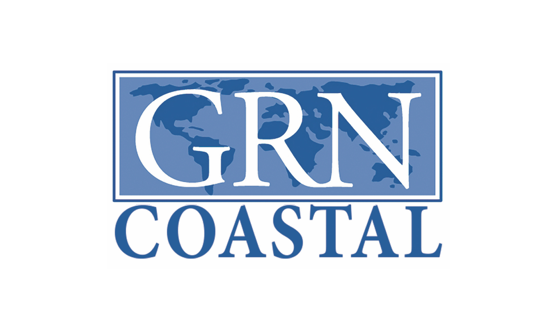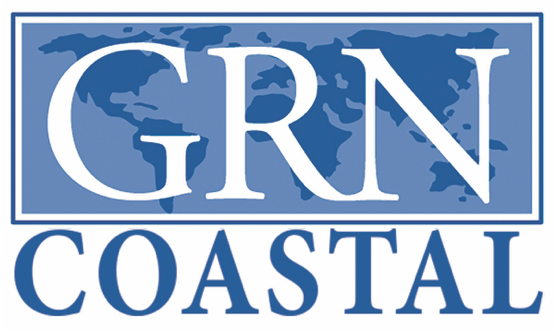The wholesale distribution industry is undergoing transformative changes as it enters 2025. Driven by evolving customer expectations, technological advancements, and a dynamic economic landscape, distributors must adapt to remain competitive. Here are the top trends poised to shape the industry this year:
- Digital Transformation and Automation
Technology continues to revolutionize wholesale distribution, with businesses increasingly investing in automation and digital tools to streamline operations. From warehouse management systems (WMS) to robotic process automation (RPA), distributors are optimizing supply chains, reducing errors, and improving efficiency. Artificial intelligence (AI) and machine learning (ML) are also being leveraged for demand forecasting, pricing optimization, and predictive maintenance.
- E-commerce Expansion
The rise of e-commerce is reshaping how distributors interact with their customers. B2B buyers now expect seamless online experiences similar to those in B2C markets. In 2025, more distributors are launching e-commerce platforms with enhanced features, including real-time inventory tracking, personalized recommendations, and advanced search functionalities. Integrating these platforms with Enterprise Resource Planning (ERP) systems ensures a smoother buying journey.
- Focus on Sustainability
Sustainability is no longer optional. Companies face increasing pressure from customers and regulators to adopt environmentally friendly practices. This includes reducing carbon footprints, optimizing delivery routes, and utilizing energy-efficient technologies in warehouses. Distributors are also rethinking packaging to minimize waste and aligning with suppliers committed to sustainable practices.
- Emphasis on Data-Driven Decision-Making
Data analytics is becoming a cornerstone of successful wholesale distribution. In 2025, companies are harnessing big data to gain insights into customer behavior, supply chain performance, and market trends. Advanced analytics tools allow businesses to identify inefficiencies, forecast demand more accurately, and tailor their offerings to meet customer needs.
- Resilience in Supply Chain Management
Global disruptions have highlighted the importance of supply chain resilience. In response, distributors are diversifying supplier bases, building stronger relationships with key partners, and investing in technologies like blockchain to improve transparency and traceability. Inventory management strategies, such as just-in-time (JIT) and safety stock models, are also being reassessed to balance efficiency with preparedness.
- Enhanced Customer Experience
Providing an exceptional customer experience is a top priority in 2025. Distributors are focusing on personalized service, faster delivery times, and value-added offerings such as training, technical support, and extended warranties. CRM (Customer Relationship Management) systems are being integrated to ensure consistent communication and better client relationship management.
- Workforce Transformation
The labor market is evolving, and so is the workforce in wholesale distribution. Companies are investing in upskilling and reskilling employees to adapt to new technologies and processes. Additionally, there is a growing focus on attracting younger talent by promoting the industry as innovative and forward-thinking. Flexible work arrangements and a focus on workplace culture are also gaining importance.
- Integration of IoT and Smart Technologies
The Internet of Things (IoT) is playing a growing role in wholesale distribution. Smart sensors and devices are being deployed to monitor warehouse conditions, track shipments in real-time, and enhance equipment maintenance. These technologies not only improve operational efficiency but also provide valuable data for informed decision-making.
- Increased Mergers and Acquisitions (M&A)
The wholesale distribution landscape is witnessing an uptick in mergers and acquisitions as companies seek to expand their market share, diversify product portfolios, and achieve economies of scale. This trend is particularly pronounced in niche markets, where distributors aim to consolidate their positions and leverage synergies.
- Adoption of Advanced Cybersecurity Measures
As distributors embrace digital transformation, they become more vulnerable to cyber threats. In 2025, businesses are prioritizing cybersecurity by adopting advanced solutions such as multi-factor authentication, endpoint protection, and zero-trust architecture. Regular employee training on cybersecurity best practices is also becoming standard.
Final Thoughts
The wholesale distribution industry in 2025 is marked by innovation, agility, and a strong customer-centric approach. By staying ahead of these trends, distributors can not only navigate challenges but also seize opportunities for growth. Companies that embrace change and invest in the right technologies and strategies will be well-positioned to thrive in the competitive landscape.
Chris Salvadore
GRN Coastal
Director
Csalvadore@grncoastal.com
508-330-5117 cell
508-589-6022 office
previous articles
https://grncoastalrecruiters.com/grn-coastal-not-your-typical-recruitment-firm/
https://grncoastalrecruiters.com/retention-strategies-for-2025/








